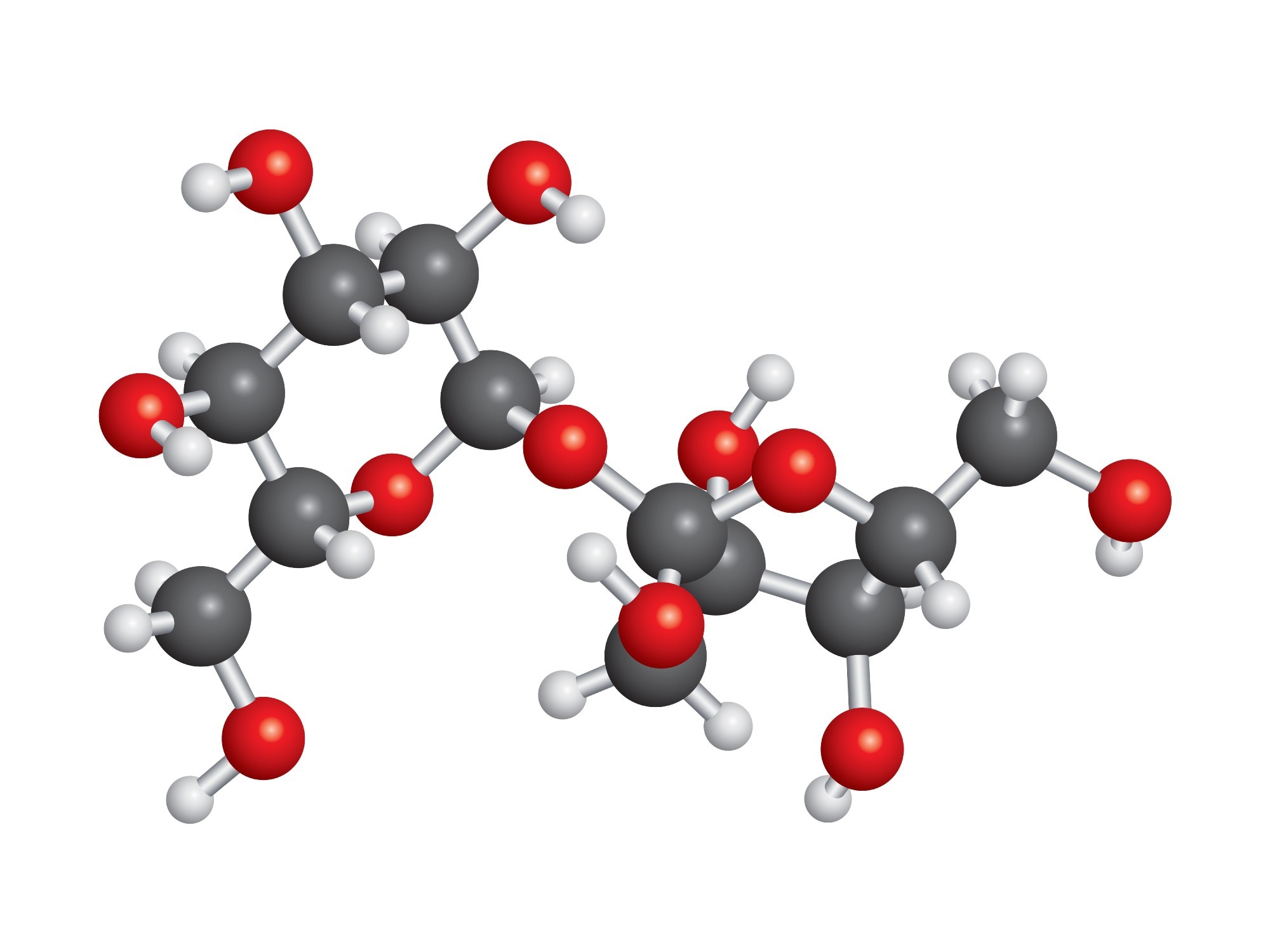Leading Uses of Polymers: Enhancing Everyday Products
Leading Uses of Polymers: Enhancing Everyday Products
Blog Article
Using the Power of Polymers: Recognizing the Substantial Usages and Positive Impacts
Polymers, with their diverse chemical structures and residential or commercial properties, have ended up being vital in countless sectors, reinventing the method we engage with products on a day-to-day basis. As we explore the extensive uses of polymers and their role in forming a much more sustainable, reliable, and innovative future, it comes to be evident that their capacity is as large as the molecules themselves.
Convenience in Everyday Products
Polymers display amazing flexibility in a large selection of day-to-day items, demonstrating their crucial duty in contemporary society. From the flexible plastic casing of mobile phones to the sturdy fibers in garments, polymers have changed the method we interact with items in our lives. One of one of the most usual usages of polymers remains in product packaging materials. Polyethylene, as an example, is commonly used in food product packaging due to its light-weight, sturdy, and moisture-resistant buildings. Furthermore, polymers play an important role in the automotive market, where they are utilized in producing lightweight components that enhance gas effectiveness.
Moreover, polymers have found their way right into the medical care field, with applications ranging from clinical gadgets to medication shipment systems. For example, eco-friendly polymers are utilized in sutures and implants, lowering the threat of negative responses in individuals (Polymers). In the building market, polymers are integrated into paints, adhesives, and insulation materials, improving durability and power effectiveness. Generally, the versatility of polymers in everyday products highlights their relevance in driving innovation and enhancing lifestyle.
Sustainability in Product Innovations
With the recurring focus on ecological consciousness and resource performance, the focus shifts in the direction of sustainability in product advancements, showing an expanding commitment to responsible manufacturing techniques throughout different sectors. Recently, there has been a remarkable rise in the development of sustainable products, especially within the realm of polymers. These cutting-edge materials are developed to lessen ecological influence throughout their whole lifecycle-- from sourcing raw materials to disposal or recycling.
One significant aspect of sustainability in product developments is the concept of biodegradability. Eco-friendly polymers have actually gathered attention for their capacity to break down naturally into safe results, lowering waste and air pollution. In addition, making use of recycled polymers originated from post-consumer or post-industrial sources is gaining traction as a way of promoting a circular economic situation and decreasing reliance on virgin materials.

Enhancing Performance in Design
Enhancing efficiency in design calls for a careful combination of sophisticated innovations and specific methodologies to optimize capability and effectiveness in numerous industrial applications. Polymers play a crucial role in this venture, supplying a wide variety of benefits that improve the efficiency of engineering products and parts.
One trick element of boosting efficiency in design is the capacity of polymers to improve sturdiness and toughness. By integrating polymers into design designs, suppliers can develop light-weight yet robust structures that can withstand high degrees of tension and strain. This characteristic is especially beneficial in markets such as aerospace, vehicle, and building, where the need for solid yet lightweight materials is vital.
In addition, polymers can also boost efficiency by offering thermal and chemical resistance, minimizing friction, and boosting electric conductivity. These homes make polymers find here optimal for a wide variety of design applications, including seals, bearings, finishes, and digital parts. Polymers. By using the one-of-a-kind buildings of polymers, designers can enhance the efficiency of their styles and develop much more effective and trustworthy products
Effect on Medical Improvements
The combination of innovative polymer modern technologies has considerably contributed to cutting edge developments in the clinical field. Polymers have played a vital role in modern-day medical advancements, ranging from medication delivery systems to cells design. One of the vital locations where polymers have actually made a considerable influence is in the development of naturally degradable stitches and implants. These polymers can be customized to deteriorate at a details rate, allowing for much better wound recovery and reducing the requirement for additional surgical treatments to get rid of implants.
Moreover, polymer-based products are progressively being used in clinical gadgets such as catheters, stents, best site and prosthetics due to their biocompatibility and versatility. For instance, polymer finishings on clinical devices can protect against infections and boost general person end results. In addition, improvements in nanomedicine have made it possible for using polymer nanoparticles for targeted drug delivery, enhancing the efficacy and minimizing adverse effects of various drugs
Role in Environmental Conservation

In addition, polymers are utilized in water treatment processes, assisting in the purification and recycling of water sources. This aids in minimizing water pollution and guaranteeing access to tidy water for both human intake and ecological wellness. Polymers also contribute in farming through the growth of eco-friendly mulches and controlled-release plant foods, advertising lasting farming practices.
Verdict
In verdict, polymers have proven to be a versatile and necessary material in numerous you can try here industries, from everyday items to design and clinical advancements. Recognizing the extensive uses of polymers highlights their relevance in driving technology and progression in multiple fields.
Report this page